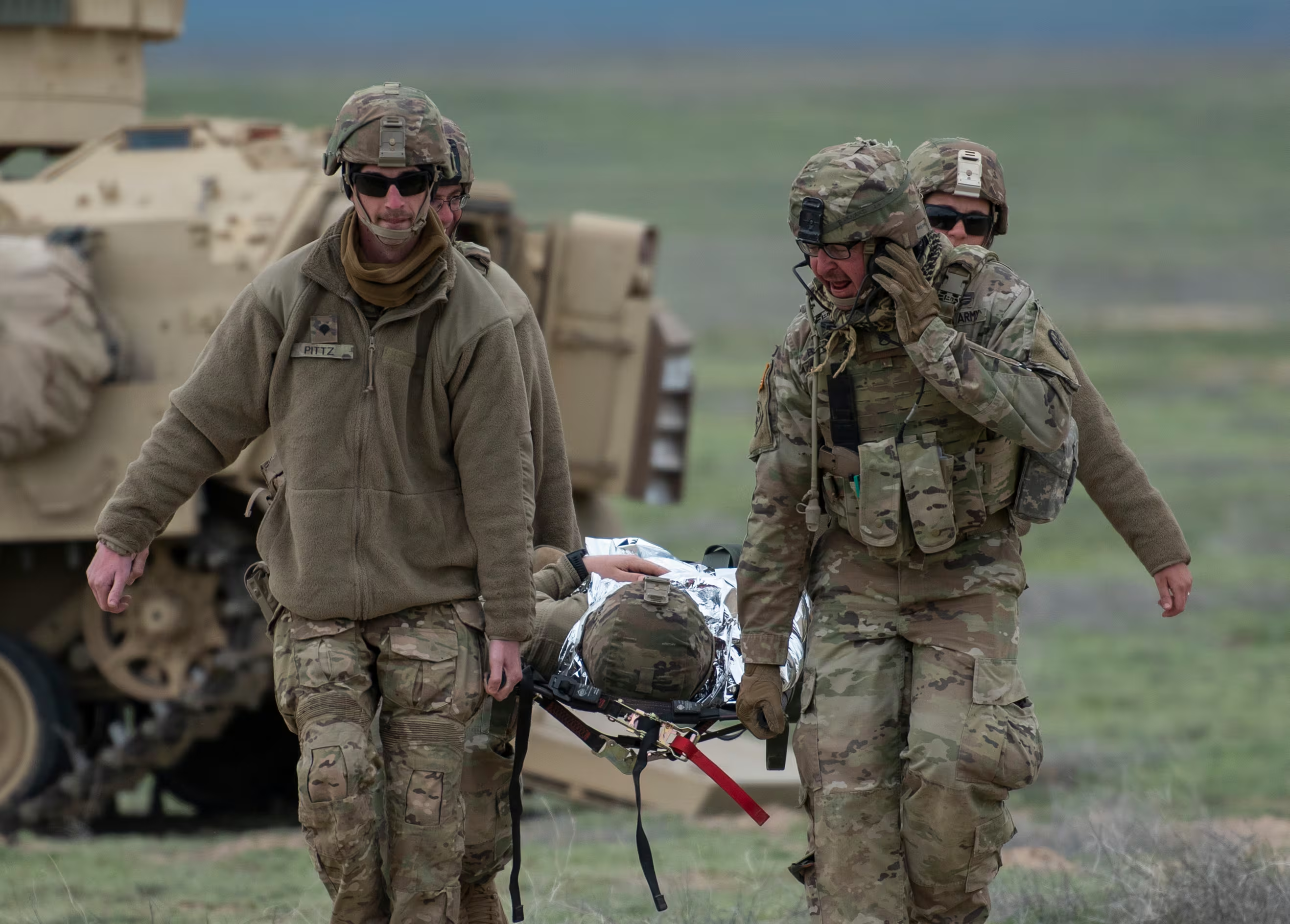Does this sound like your service?
The Marine Corps is a “middleweight” naval expeditionary force in readiness; perceives itself as adaptive, innovative, and frugal; and is institutionally paranoid.
The Navy is characterized by “hierarchical structure, deep branch distinctions, and a preference for operating forward and independently from the other services.”
The Air Force values “technology above all else,” is “experiencing an internal identity crisis” and is “highly effective in competing for resources.”
The Army feels “that it alone understands war, and that it is too selfless, taking on every task asked of it.”
Those were some of the conclusions reached in a new think-tank study by the Rand Corp. looking at competitiveness between the services and how their culture succeeds or fails in beating out the other services for resources.
“Service personalities are alive and well,” Rand found, not only in a competition for budget dollars, but also for influential joint assignments and for integral missions in military operations.
Some compete more than others, Rand found. The Navy no longer sees competition for budget dollars as a zero-sum game but instead has significant intra-service competition between its own varied shipbuilding and modernization demands. And as far as those joint billets go, “the Navy places less value on joint assignments than the Army does, with the exception of retaining command of U.S. Pacific Command,” Rand found.
The Army focuses heavily on ensuring that ground combat remains a central theme of future capabilities and has a ‘fallback’ goal of participation in every contingency," Rand said.
“For the Army, there can be no war in which the Army does not play a role, whether that is serving as a task force headquarters or providing logistics and communication.”
“In some essential way, then, each of these services is constantly fighting to ensure its place in future war,” Rand found.
Conversely, the services compete even more intensely “not to be saddled with missions they find undesirable," Rand said, citing the Air Force.
The Air Force spurned unmanned aviation for years, Rand said, “before finally becoming convinced it was a boon."
Tara Copp is a Pentagon correspondent for the Associated Press. She was previously Pentagon bureau chief for Sightline Media Group.




